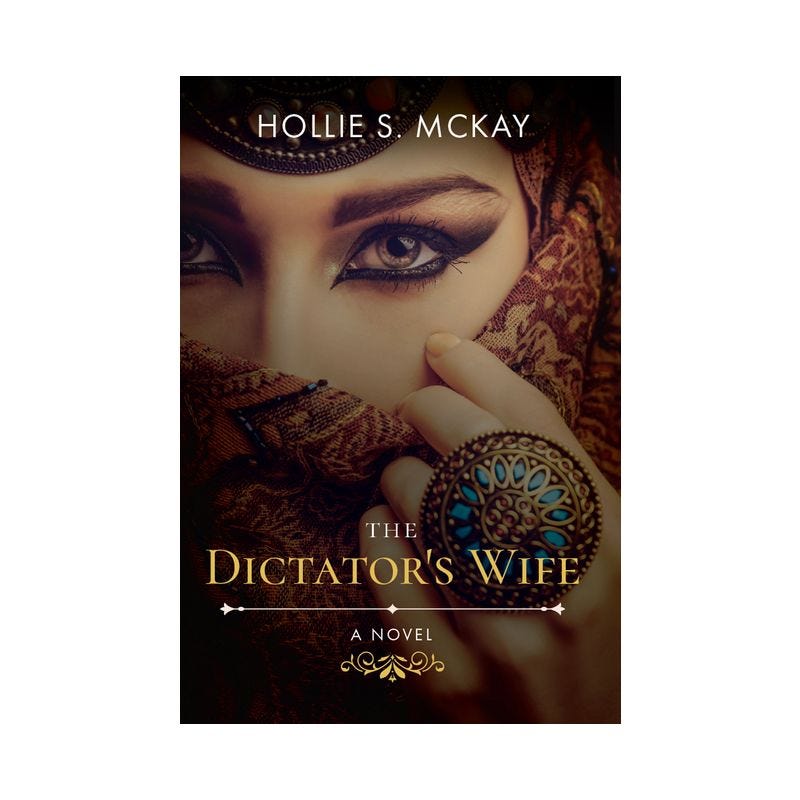A Tribal Court in Pakistan Gave Permission for Men to Gang Rape a Young Woman. What She Did Next is Jaw Dropping.
A name you should know
In a small village in the Punjab province of Pakistan, Mukhtar Mai’s life took a devastating turn on June 22, 2002. In an egregious miscarriage of justice, a local tribal council (known as a panchayat) ordered that she be gang-raped as punishment for a crime she did not commit. Her story is a shocking reflection of how deeply entrenched gender-based violence and the concept of "honor" are in some parts of the world, where women are often treated as tools of retribution. However, what makes Mukhtar Mai’s story remarkable is not only the horror she endured but the profound bravery she showed in the face of overwhelming adversity. Rather than succumbing to societal expectations of shame and silence, she stood up and transformed her personal tragedy into a powerful movement for justice, education, and women's rights.
The chilling incident
The nightmare began when Mukhtar’s younger brother, Shakoor, just 12 years old at the time, was accused of having an illicit relationship with a woman from the more influential Mastoi tribe. In reality, Shakoor had been sexually assaulted by members of that tribe, and the false allegations against him were made to cover up the crime. The Mastoi tribe took the matter to the local panchayat, which decided that the "honor" of their tribe could only be restored if Mukhtar, from a less powerful family, was punished. In a brutal and distorted version of justice, the panchayat decreed that Mukhtar be gang-raped as retribution.
On the evening of June 22, 2002, then 28-year-old Mukhtar Mai was dragged into a room by four men and brutally raped while a crowd of villagers stood outside. I have chills just writing this. When the assault was over, she was forced to walk home naked in a parade of humiliation meant to dishonor her and her family. This cruel display was intended to shame Mukhtar into silence—a tactic often employed in such societies, where the "dishonor" of rape falls not on the perpetrators but on the victim.
Defying the Stigma
In conservative societies like rural Pakistan, victims of rape are often ostracized, silenced, and left to endure a lifetime of shame. Many end up taking their own lives to escape the stigma. Mukhtar Mai could have followed that tragic path, but instead, she made a decision that would not only change her life but also spark a broader movement for justice and women’s rights.
Instead of hiding, she filed a police report against her attackers—a radical act in a country where many victims are pressured into staying silent. Her courage drew national and international attention, shining a spotlight on the use of rape as a weapon of control and the gross injustices meted out by tribal councils. In an unprecedented move, the Pakistani government intervened, and 14 men, including the members of the panchayat, were arrested. Six of them were convicted and sentenced to death in 2002.
However, the battle for justice was far from over. In 2005, the Lahore High Court overturned the convictions of five of the six men, citing "lack of evidence." The decision sparked outrage across the country and worldwide. Mukhtar, however, remained undeterred. She took her case to the Supreme Court, and in 2011, the court upheld the acquittals of most of the accused men, a decision that was met with widespread condemnation.
Despite this legal setback, Mukhtar Mai’s determination only grew stronger.
Redefining Honor and Resilience
Mukhtar Mai turned her tragedy into a mission to help others. Using the compensation money she eventually received from the then-President Pervez Musharraf-led government, she established the Mukhtar Mai Women’s Welfare Organization. The organization runs a school in her village, providing education to girls and boys alike. For Mukhtar, education is the key to breaking the cycle of violence and oppression that women face in rural areas. She has often said that if she had been educated, she might have been able to fight back even more effectively.
The school she founded is not just a beacon of hope for girls who might otherwise be denied an education; it’s also a symbol of defiance against the forces of oppression. In a society where women’s voices are often suppressed, Mukhtar’s school provides a space where girls can learn to speak up for themselves and demand their rights. Her work has expanded beyond education to include legal aid, medical assistance, and counseling for victims of violence.
Mukhtar’s story challenges the deeply ingrained cultural norms that place the burden of shame on victims of sexual violence. By refusing to be defined by what was done to her, Mukhtar has inspired countless others to stand up against the injustices they face.
Mukhtar remains rooted in her community, continuing to work for the people who need her the most. She is a living testament to the power of resilience and the transformative impact that one person’s courage can have on an entire society
I hope my daughter someday knows far more about Mukhtar’s impact than the “influencers” of Hollywood and social media. These are the names we need to know.
FOR EXCLUSIVE GLOBAL CONTENT AND DIRECT MESSAGING, PLEASE CONSIDER A PAID SUBSCRIPTION TO THIS SUBSTACK TO HELP KEEP INDEPENDENT, AGENDA-FREE WRITING AND JOURNALISM ALIVE. THANK YOU SO MUCH FOR YOUR SUPPORT.
For speaking queries please contact meta@metaspeakers.org
For ghostwriting, personalized mentoring or other writing/work-related queries please contact hollie@holliemckay.com
Follow me on Instagram and Twitter for more updates
Order The Dictator’s Wife (out June 10)
Click Here to Order from my publisher DAP Publications (please support small business!)
Click to Purchase all Other Books Here





